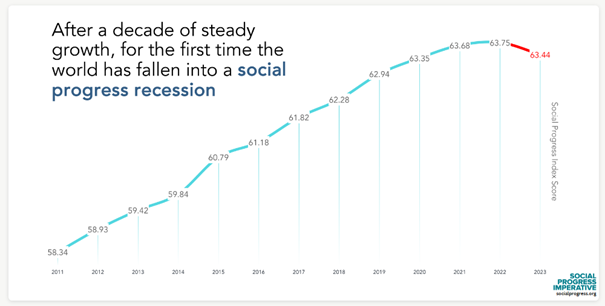Progress contexts as a basis for performance, well-being and growth
When I was trained as a psychologist in the 1980s, the dominant way of thinking about intelligence and personality tended towards what we now call a fixed mindset . Broadly speaking, we were taught that both intelligence and personality can hardly be developed after a certain age (say, 18). Personality was broadly defined as the set of stable behavioral tendencies of individuals. Individual differences in personality were thought to be relatively unchangeable and also meaningful for how we should organize our lives (think of career choices, for example). The word 'stable' meant two things. First, personality traits were thought to be stable across situations. In other words, we behave in approximately the same way in different types of situations because of our personality traits. Second, personality traits were thought to be stable over time. This meant that personality traits do not (or cannot) change much over the course of a person's life.















